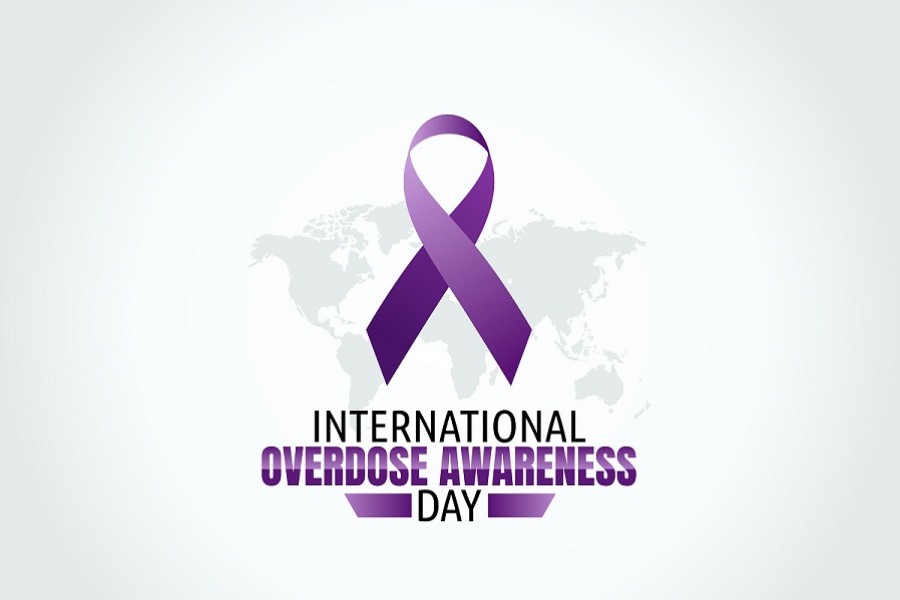Every year on August 31, International Overdose Awareness Day is observed with the goals of erasing the stigma associated with drug-related fatalities and increasing awareness about overdose. It is a day to take action rather than just remembering.
The stigma surrounding current drug prohibition laws is deadly. Overdose rates and overdose deaths have been sharply rising, affecting individuals who respond to overdose incidents and those who lose someone they love or care about. Unfortunately, these fatalities frequently go unrecognised due to the ongoing taboo around drug use.
International Overdose Knowledge Day confronts this silence as you can come together to spread knowledge, express your grief in the open, and demand action to stop and lessen drug-related harms, including overdose, by promoting evidence-based policies and techniques.
Many people ignorant of the causes of overdose erroneously accuse the victims. Such a mindset stifles any attempts to increase awareness and serves to amplify the negative sentiments around the subject. August 31 is the day to come out and show your support to prevent future overdose fatalities.
An overdose can be caused by any medicines, both alcohol, and drugs. An overdose occurs when a person consumes more excessive amounts of a drug or a combination of drugs than their body can handle.
Risk of overdosing rises while taking multiple medications. Unintentional overdose fatalities are highly likely when many medicines are consumed at a time.
Drug overdoses can happen accidentally or intentionally. Drug overdoses done on purpose may be committed by people who have suicidal thoughts, mental problems, or want to get more intoxicated. Conversely, those who accidentally overdose on medications may do so due to ignorance of inaccurate measures or drug dosage.
According to a study by Bangabandhu Sheikh Mujib Medical University (BSMMU), proton-pump inhibitors (PPIs) and other gastric medications account for 45 per cent of stomach ulcers. Most stomach medications are available over-the-counter in Bangladesh, and excessive use depletes your body's stores of calcium, magnesium, vitamin B-12, and iron.
In the case of Bangladesh, it is nothing new that individuals purchase medications like groceries without a prescription and that pharmacy shopkeepers frequently fail to provide patients with adequate instructions, which ultimately causes patients harm. People are not sufficiently informed about dosage. Some widely stereotype that they are entitled to medication whenever and in whatever quantity they like.
According to pharmacists, overdosing on any medicine puts your life in danger. Thus, patients should be concerned about this, and everyone in a position of authority in the healthcare industry.
To do so, on this global overdose awareness day, various hospitals, print and media outlets, and pharmaceutical firms may host seminars, launch campaigns, or hand out brochures.


